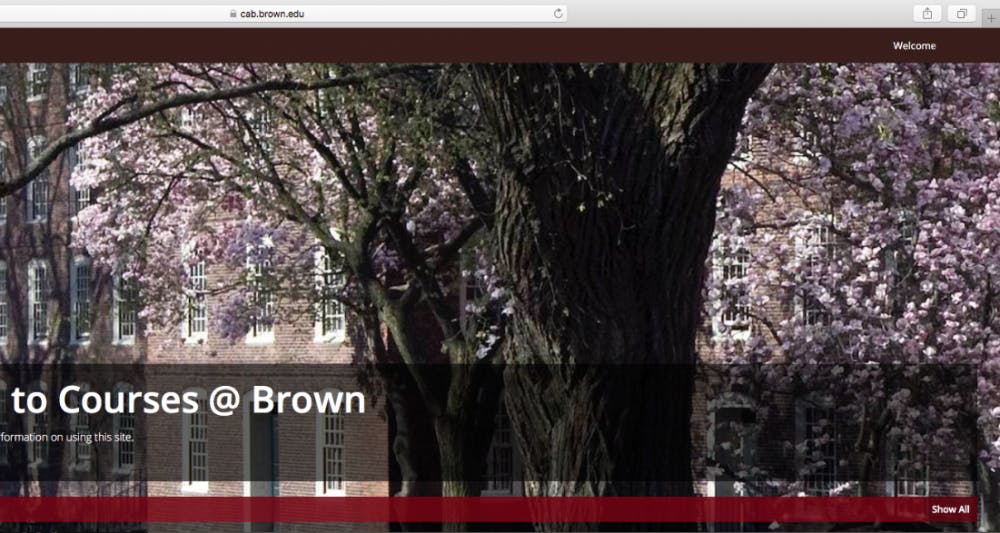Students searching for classes during pre-registration might have noticed a category in the bottom left corner of the Courses@Brown website: the Diversity and Inclusion Action Plan designation, which encompasses classes that address inequality, privilege and power, race and gender in a variety of contexts.
This is the first year that Courses@ Brown has listed this designation, wrote Dean Besenia Rodriguez ’00, senior associate dean for curriculum, in an email to The Herald. DIAP courses span 29 academic departments — including history, politics, anthropology and biology — and range from small seminars to large lecture classes that can admit over 100 students. Faculty are encouraged to create new DIAP courses and receive funding from the University to do so, she wrote.
The DIAP designation replaces the Diverse Perspectives in Liberal Learning label. The DIAP designation has more stringent criteria for courses to qualify than the DPLL designation did, Rodriguez wrote. The new designation requires prospective courses to outline a “key course objective” related to race, gender or inequality according to the Dean of the College website.
At an Undergraduate Council of Students meeting in spring 2017, former Dean of the College Maud Mandel criticized the DPLL designation for being too “broad.” Following student activism on institutional inequality, a 2016 Task Force on Diversity in the Curriculum committee was formed by the DIAP. The task force developed the new DIAP designation with the College Curriculum Committee and UCS over the course of 2016 and 2017, Rodriguez wrote.
The Dean of the College office promoted DIAP-designated courses when sending information to new students before the semester, Rodriguez wrote. “We will continue to highlight these courses among peer and faculty advisors alike as well as among incoming students.”
A total 365 of the 1,639 undergraduates taking at least one of these courses in Fall 2018 are first-years, according to enrollment data, Rodriguez wrote.
In The Herald’s 2018 fall poll, 14.3 percent of students were unaware of the new DIAP designation. First-years and sophomores comprise the majority of students who were not aware of the meaning behind this designation.
Divya Santhanam ’19, a narrative section editor for post- and a member of this year’s Meiklejohn Leadership Committee, said that Meiklejohn peer advisors are informed of the meaning behind the DIAP designation in their training, but it is ultimately at the discretion of the Meiklejohns to decide whether to discuss the label with incoming students. As an underclassman, she remembered learning about DPLL courses through the freshmen handbook. “As a person of color, I saw that that was an option when I was searching for classes, and I thought that that was interesting, and I definitely was interested in seeing that designated just because I hold an identity that makes me interested in learning more about diversity and inclusion, and the past experiences I’ve had made those classes very interesting.”
Breanna Cadena ’22 has not taken a DIAP-designated course and was unaware of the significance of the term while choosing her classes. But in the future she would consider taking a DIAP-designated course: “It’s always important to consider different perspectives of a certain topic because there’s so many times in history where it’s only taught from this one perspective, and it neglects the other perspective.”
Uwa Ode-Osifo ’22 is currently enrolled in “ANTH 0300: Culture and Health,” a DIAP-designated course that explores disease, illness and health care in a social context. She had not realized previously that Culture and Health was a DIAP-designated course, though she was familiar with the designation. “I do think of taking classes that explore different parts of identities that I have not considered, different cultures, different experiences, and I think DIAP courses are definitely associated with that,” she said. But “course descriptions really interest me more than anything about the actual classification or designation apart from the writing requirement.”





